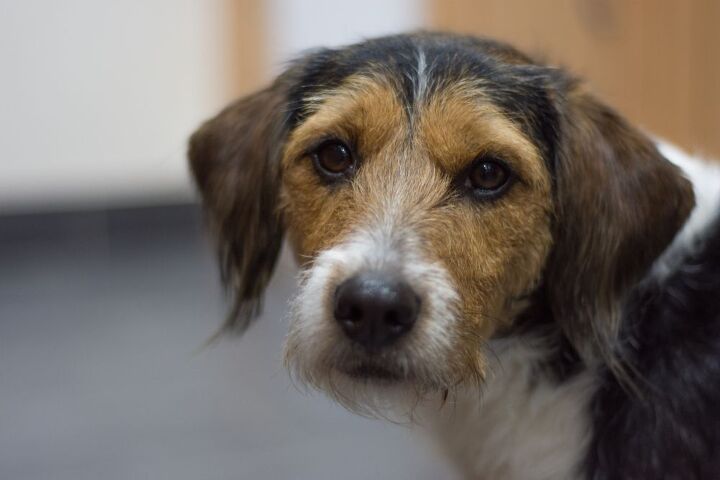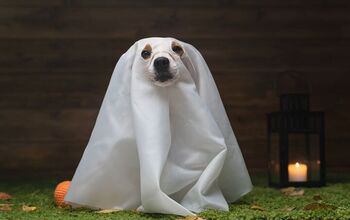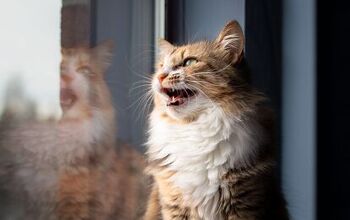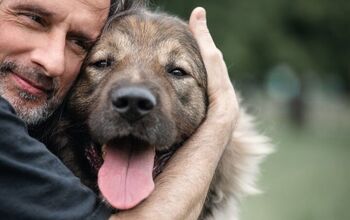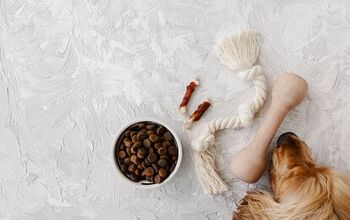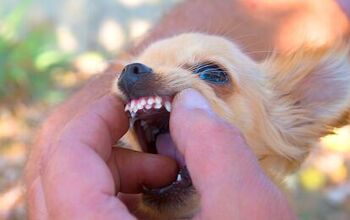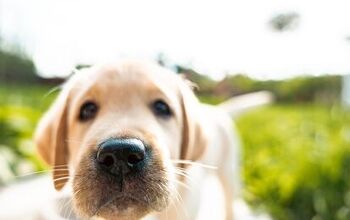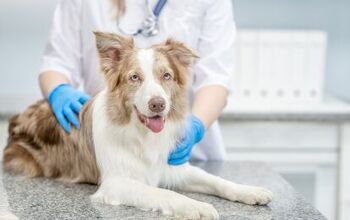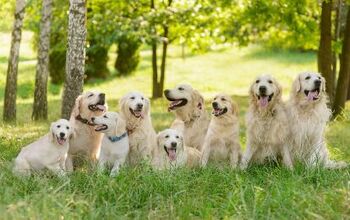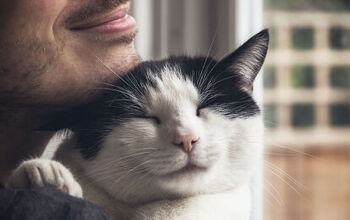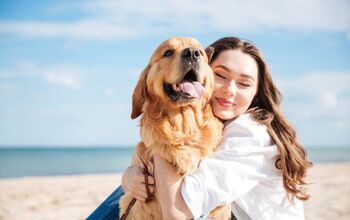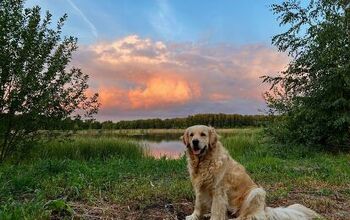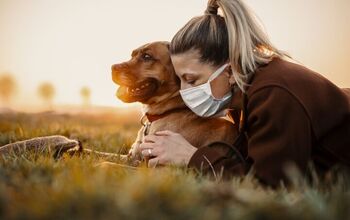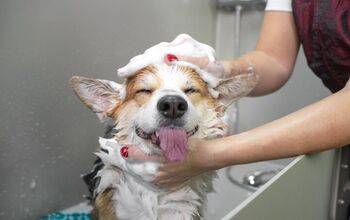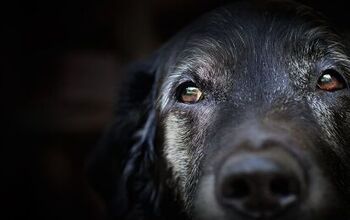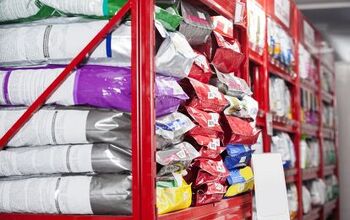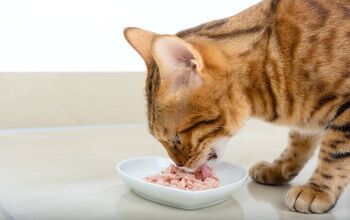Poogle


About Poogle
If you were to imagine a small dog that had the beautiful, wavy coat of a Poodle and the playful temperament of a Beagle you would be picturing the Poogle. The Poogle is not just an imaginary combination of two popular breeds – it is a real hybrid breed that is increasing in popularity. These little dogs are known for their wavy fur, affectionate personalities, and loving temperaments that make them excellent companion pets, especially for families with children. If you are looking for a small-breed dog that is smart, playful, and loving, look no further than the Poogle.
These little dogs are known for their wavy fur, affectionate personalities, and loving temperaments.
The exact origins of the Poogle breed are unknown because hybrid dogs have been in existence for many years. No one breeder has been credited with the development of the breed but it is thought that the breed originated in the United States sometime during the 1980s.
The Poogle is a 50/50 mix of a purebred Poodle and a purebred Beagle. It is possible to have this breed with more or less than 50 percent of each parent breed in its heritage.
As a small-breed dog, the Poogle requires a high-quality commercial dog food diet that is formulated for small-breed dogs. Small-breed dog formulas are specially designed to meet the high-energy needs of small, active dogs.
Because the Poogle is the result of crossing two intelligent breeds, it too is quite smart.
Because the Poogle is the result of crossing two intelligent breeds, it too is quite smart. Poogles tend to respond well to training and they typically pick up tricks quickly. The Poogle is naturally eager to please so, once trained, they also enjoy showing off the tricks they have learned. Early socialization is important for this breed, especially if you plan to keep your Poogle with cats or other household pets because they have a fairly strong prey drive. Regular exercise and mental stimulation will also help to curb the development of problem behaviors.
The average Poogle weighs between 11 and 25 lbs. at maturity. The size may vary depending on the amount of each parent breed in its heritage. For example, a Poogle bred from a Beagle and a standard Poodle would likely be larger one bred from a Beagle and a miniature or toy Poodle.
The Poogle is a friendly and affectionate breed that loves to spend time with its family. This breed makes an excellent companion dog and they do tend to get along well with children. This dog is loyal to his family and can be a little protective of children so early socialization is recommended. These dogs get along well with other dogs but they do have a tendency to chase cats and small animals if not properly trained and socialized. Poogles also tend to be fairly energetic dogs so they require regular daily walks and plenty of playtime to prevent the development of problem behaviors.
The Poogle is generally a healthy breed but, like all dogs, they are prone to certain health problems. Keep in mind that if the dog is bred from two healthy purebred dogs, it is much more likely to be healthy than a puppy that is the product of an accidental breeding. Some of the health problems this dog may experience include dental problems, obesity, and ear infections.
The average life expectancy of the Poogle is about 10 to 13 years. Proper diet and exercise can help to extend the lifespan of this breed as can responsible breeding practices to reduce the risk for congenital diseases.
The Poogle is a fairly active little dog so it is recommended that you provide regular daily walks in addition to plenty of play time. These dogs especially love to play, so games and playtime with other dogs will be greatly appreciated. Regular exercise and mental stimulation will also help to curb the development of problem behaviors.
The Poogle is a friendly and affectionate breed that loves to spend time with its family.
The Poogle is not recognized by the AKC because it is technically a hybrid of two pure breeds rather than a new breed. This breed is, however, recognized by the American Canine Hybrid Club, the Designer Dogs Kennel Club, and the International Designer Canine Registry.
The appearance of the Poogle’s coat will vary depending on its breeding, but most exhibit something in between the short coat of a Beagle and the dense, curly coat of a Poodle. Many Poogles have medium-length, wavy hair – especially on the muzzle, cheeks, and forehead. These dogs exhibit a wide range of colors including white, black, brown, gray, tan and any combination of these. Poogles with longer hair tend to require more frequent grooming while Poogles with a short coat require only weekly brushing and combing. Poogles with a long or curly coat may need to be clipped into either a Poodle or a Puppy clip.
Poogle puppies look like cute little bundles of fur – they love to play and they never get tired of cuddling. A healthy diet is important to ensure that your Poogle puppy matures and develops properly. Early training and socialization is also recommended for Poogle puppies.
Photo credit: tHaNtHiMa LiM/Shutterstock.com; James Hime/Shutterstock; Aoife Strahan/Shutterstock

Kate Barrington is the loving owner of two cats (Bagel and Munchkin) and a noisy herd of guinea pigs. Having grown up with golden retrievers, Kate has a great deal of experience with dogs but labels herself a lover of all pets. Having received a Bachelor's degree in English, Kate has combined her love for pets and her passion for writing to create her own freelance writing business, specializing in the pet niche.
More by Kate Barrington



